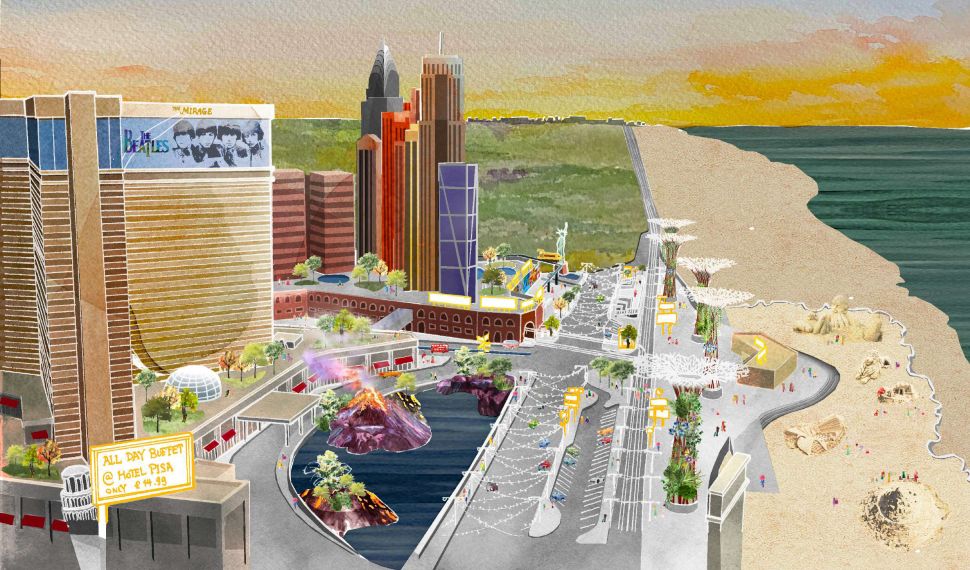LULU Landscape & Urbanism sits within URBED+, a wider research partnership between Manchester School of Architecture and award-winning consultancy URBED. URBED+ is an innovative, cross-sector vehicle that combines academia and practice to pursue research, advocacy and education. The novel approach taken by the atelier is to integrate public realm and landscape approaches, exploring how this interacts with built form and architecture. Through URBED+, the atelier benefits from both cutting-edge research and practice-based knowledge, across the wide range of specialist disciplines pertinent to its agenda, including urban design, landscape architecture, architecture, planning, sustainability and real estate.
Urbanism is complex, conflictive and multi- disciplinary. The client is multiple, control is partial, the program indeterminate and there is no state of completion. The primary aim of this atelier is to prepare students to understand and to successfully participate and intervene in this process of urban design.
For their final year projects, students are introduced to different approaches to intervention in urban areas through theories and principles in urban design, tools and techniques of analysis, and the knowledge and skills for designing urban areas and negotiating the implementation of those designs. This year students worked with sites in Belfast, Blackpool, Leeds and Milan. Initially working in teams, they first produce in-depth reports analysing physical, socio- economic and cultural factors. Students then individually create a theoretically driven urban design framework to guide strategic, long-term goals for the wider city region, followed by the evolution of part of this framework into a masterplan - a three-dimensional product and a process of implementation to achieve that product. The masterplan design considers, in varying levels of detail, activity patterns, built form typologies, open space types and hierarchies, movement types and channels. The implementation process considers timescale, phasing, costs and value of development and participating agencies. Particular attention is given to issues of landscape, transportation and development finance. One key space or building within the masterplan is then developed in more detail to explore the implications of their approach across all scales of urban design.


